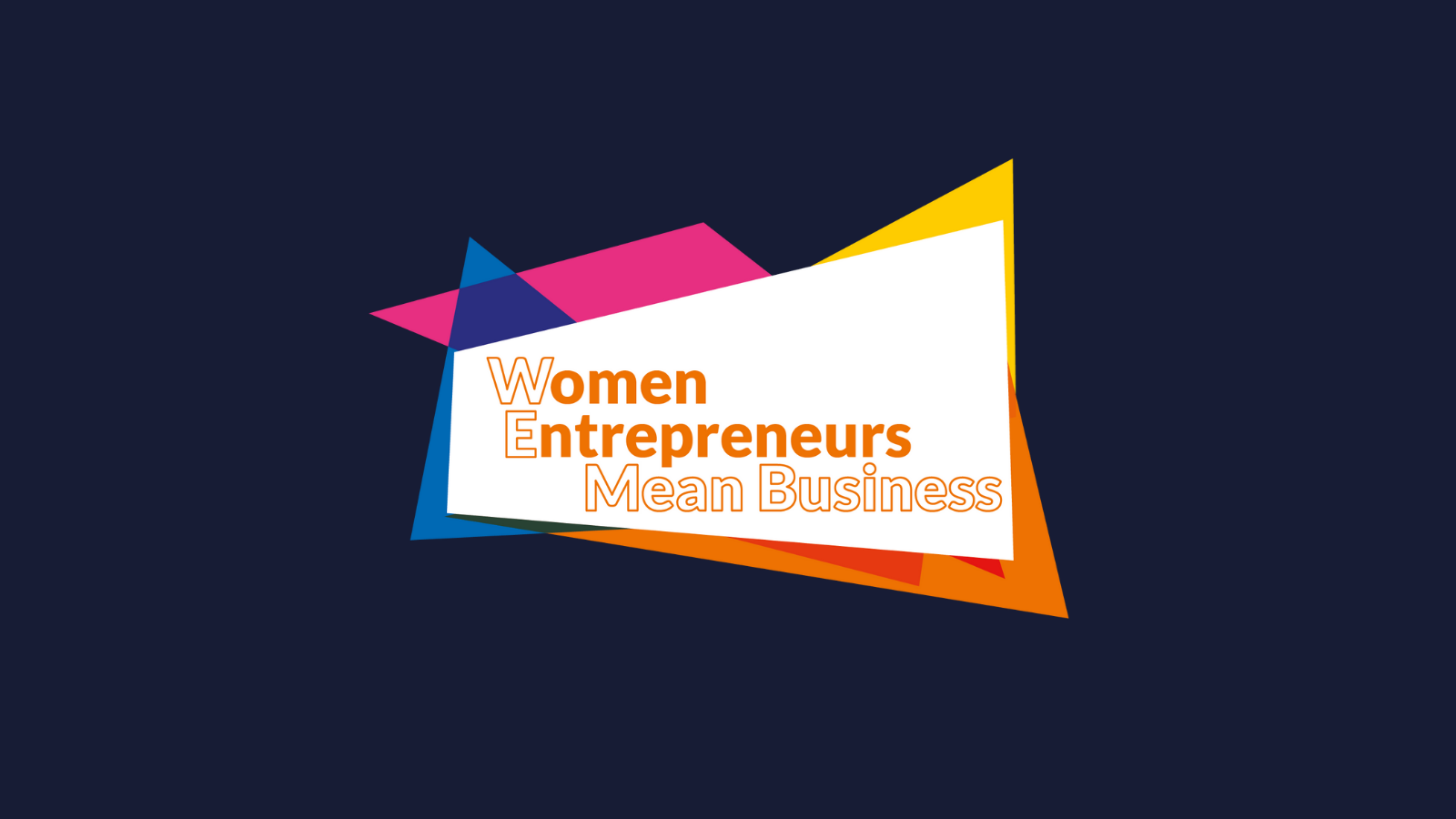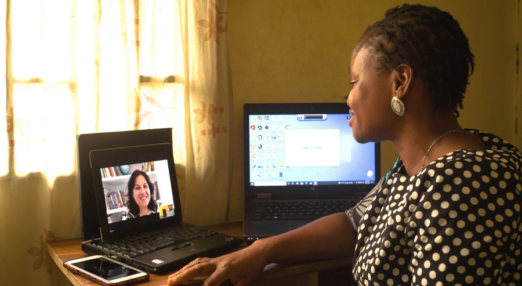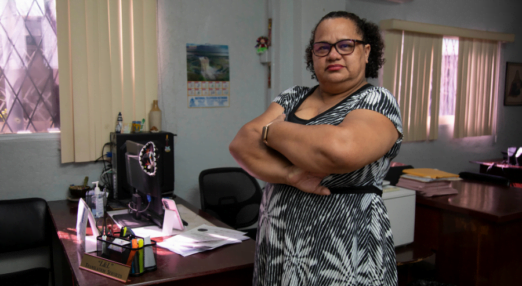Shining the spotlight on the barriers preventing access to finance
Our Programme Officer Annika Hagel highlights an important panel discussion which was part of the Women Entrepreneurs Mean Business Summit: Driving Equal Access to Finance for Young Women Entrepreneurs.

Banks need to think about their products and services and whether they really meet the needs of women who have smaller businesses, less assets, and youth.
The more you see people like yourself doing the thing you'd like to do, the more you feel you can do it.
Women Entrepreneurs Mean Business: the global Summit
For the Women Entrepreneurs Mean Business Summit in November 2021, we explored and challenged the gender stereotypes holding women entrepreneurs back from success and equality.
Find out more
Discover more news:
-

Get to know our CEO: a letter from Dhivya O’Connor
Two months into her role as CEO, Dhivya O'Connor shares her experience and what we can expect from the Foundation under her leadership.
Read more
-

In celebration of the power of mentoring
Efe Olokpa shares her insight on our Mentoring Women in Business programme.
Read more
-

Women-owned businesses power up Guyana’s economy
With partners, we recently convened a panel discussion led by key actors in Guyana’s women’s entrepreneurship ecosystem.
Read more
